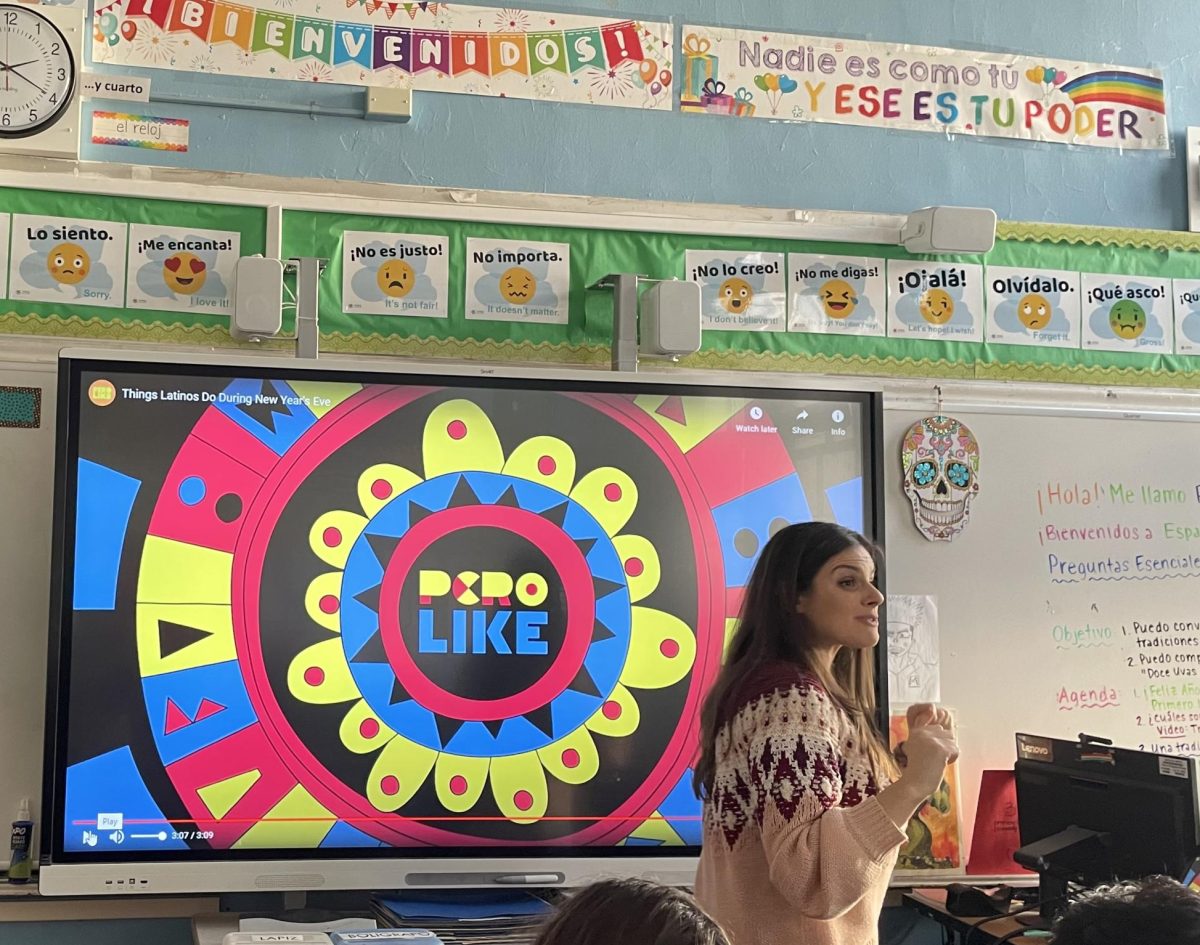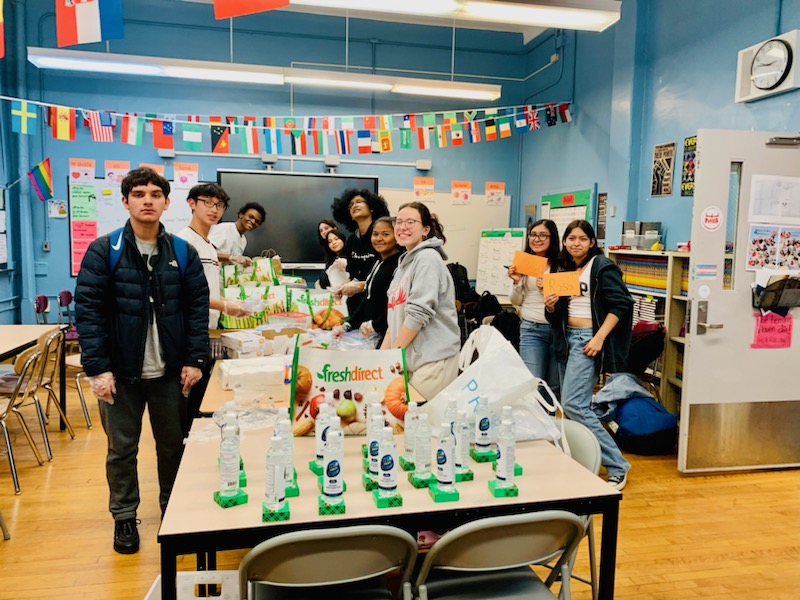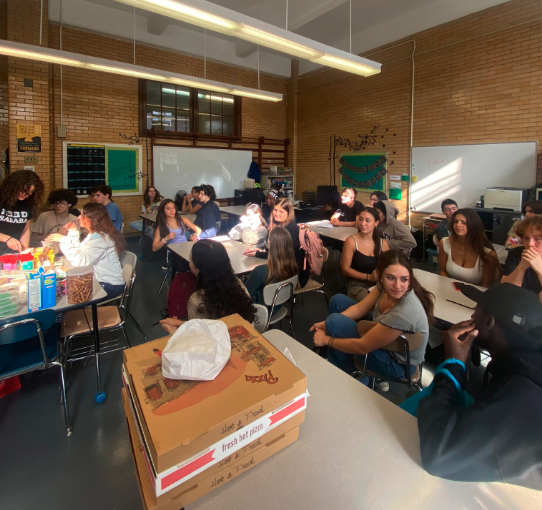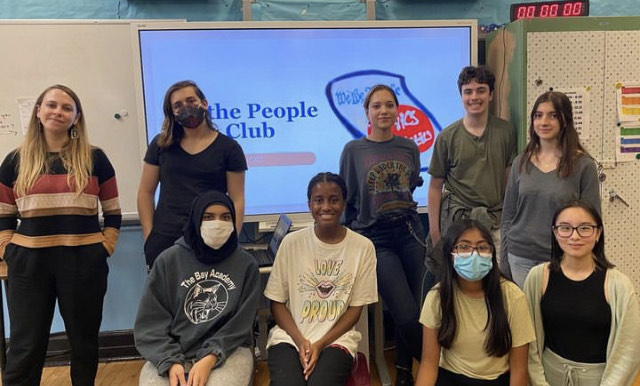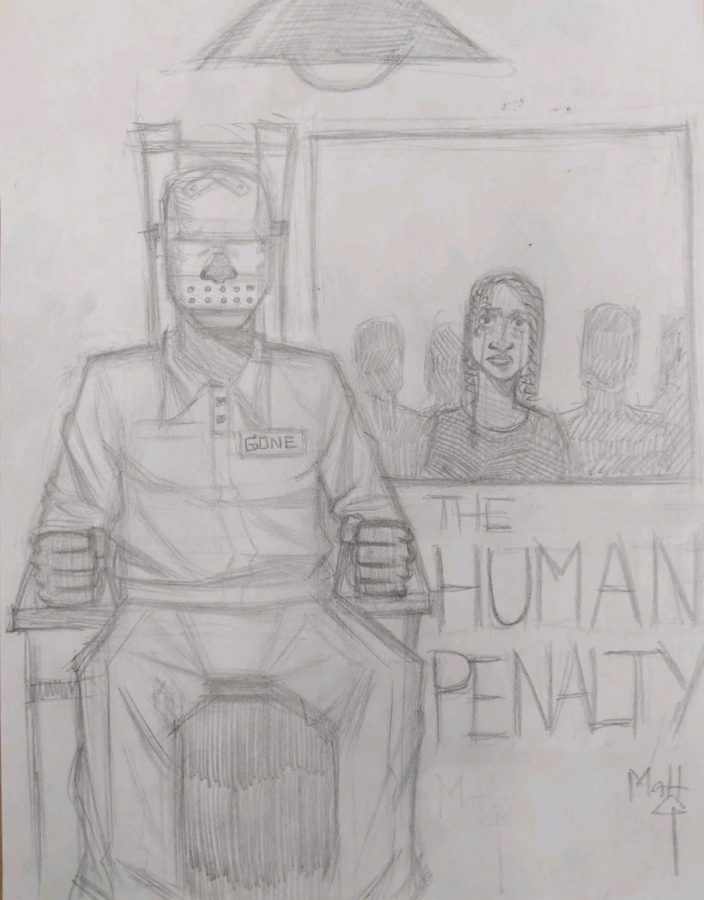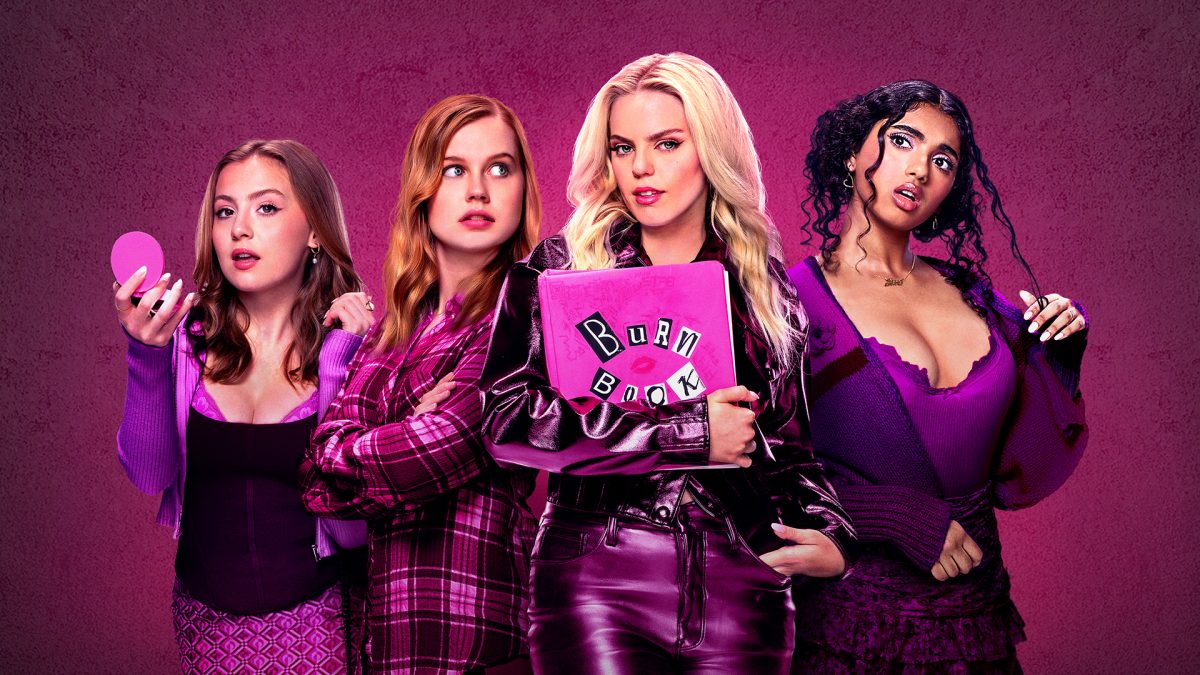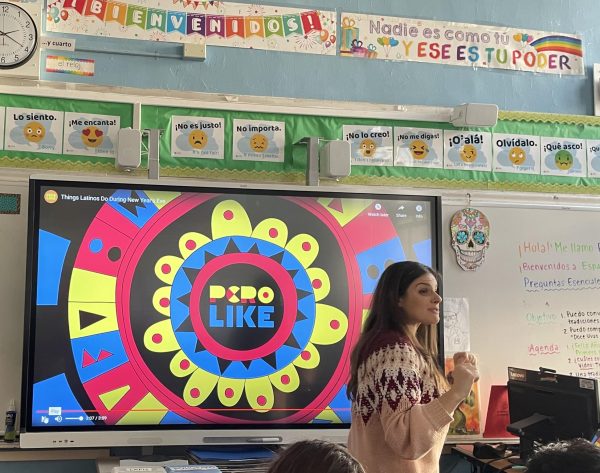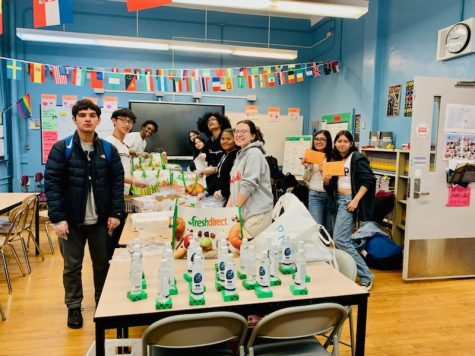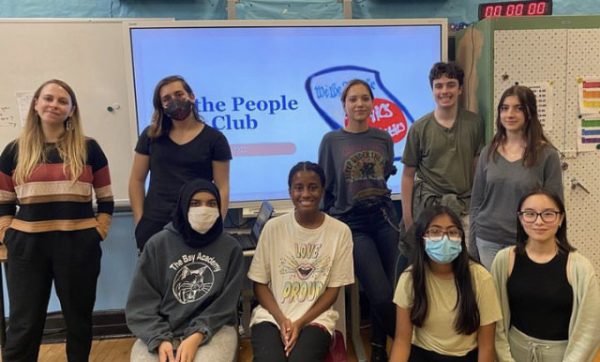International Women’s Day: Where We’ve Come and Where We’re Going
March 25, 2015
March 8th, was the 38th annual International Women’s Day. The holiday was created by the United Nations to, as stated on the IWD website, “mark the economic, political and social achievements of women.” The day was celebrated worldwide, from marches in Belfast and in London, both demanding more equality for women. The day also strives to recognize what still needs to be done, and on Twitter people worldwide shared their thoughts and retweeted this years slogan “#MakeItHappen.” The day was celebrated even in countries with government opposition, and in China, according to The Guardian, at least 10 Chinese feminist activists were arrested for disrupting the peace.
International Women’s Day, according to the UN, takes it roots in the Socialist Party of America. The group was founded in the early part of the 20th century, and held marches in New York City for better working conditions, in support of the suffrage movement, and for equal pay for women. They called it National Women’s Day. Socialist parties in Europe were also holding similar meetings. At a meeting of the International Conference of Working Women in 1910 in Copenhagen it was decided that there should be a singular day to express women’s demands for equality, and to celebrate their accomplishments. The first International Women’s Day was held in Austria, Denmark, Germany, and Switzerland on March 19th, 1911, more than a million people attended rallies and demanded things such as the right to vote and hold office. Then, in 1977, the UN officially declared March 8th International Women’s Day.
While the day was celebrated across the globe, many feel as if IWD is not getting enough attention. Kaya Fridman, an avid feminist and junior at MBHS said “I think it was almost treated like Christmas […] a token holiday given to women to all love each other publicly for this one day.” Ms. Fridman believes that the holiday should be treated much more seriously, stating, “IWD should be treated like a major holiday dedicated to the women who are influencing positive and progressive change in society now and the women who helped make that happen in the past.” She also told me that schools should teach for and recognize IWD, saying they should “celebrate this holiday within their facilities and really get kids to understand the greater concept.”
Eliza Dillon, a sophomore a MBHS, also thinks that the day should be getting more attention. “There was a lot of stuff about it on the Internet, but I would’ve liked to see stuff happening out in the real world. Like a parade or something like that. I feel like a lot of people didn’t know about it.” She added that, “It should go beyond that day. Like it’s not just oh, okay, International Women’s Day is today I guess I’ll give a shit about women’s issues for the next 24 hours, I think it’s a day of recognition and celebration but if that’s the only day some people choose to recognize women then what’s the point?” While there certainly was a lot of discussion of the day throughout social media, there did seem to be a lack of physical demonstrations to celebrate it. While there were large demonstrations with hundreds of people participating in Belfast and London, according to the IWD website, those numbers are seemingly small considering the prevalence of the issue in our modern society.
We have certainly come a long way from women demanding the right to vote and to hold public office, but the feeling around the day is that we still have much more to do regarding the furthering of women’s equality. Ms. Fridman stated that she believes “we should have a class specifically teaching boys and girls about gender equality and the strides that women of all races and from all around the world have made within [contemporary] society.” Additionally, Ms. Dillon said that she thinks that “we need to focus on issues affecting women with disabilities, women of color, and transgender women,” because these issues “often do not get included in the mainstream conversation about feminism.” As Ban Ki-moon, Secretary-General of the UN, said “The world will never realize 100 percent of its goals if 50 percent of its people cannot realize their full potential.”
